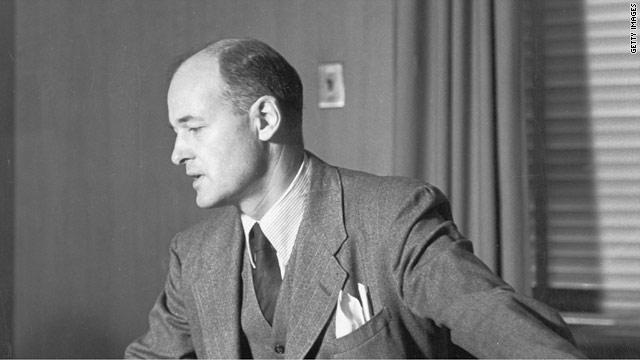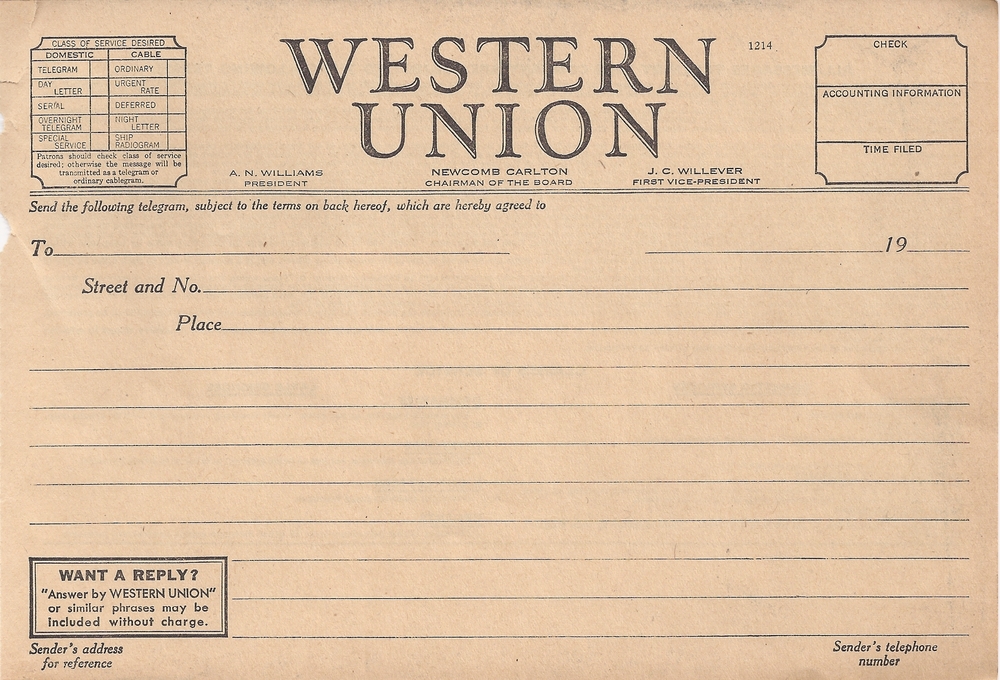

We hope the Biden administration can formulate a relatively healthy overall foreign policy, instead of being led by the distortion and misjudgement of the report's anonymous author. The interests of American leaders and people are not always consistent. In the US, however, this is not the case. If these American political elites can make an objective comparison between China and the US with a rational and balanced mind-set, they would understand that ordinary Chinese people share common interests with the CPC and the country's leaders. Neither can the US understand the unity between Chinese people, the CPC and Chinese leaders.

The US cannot understand why China has the ability to make such a bold move. This is generally accepted by the Chinese people, but is also exactly what Westerners cannot understand.įor another example, during the financial crisis, China's 4-trillion-yuan stimulus package was also due to Chinese leaders' decision. From a semi-colonial and semi-feudal society to the second largest economy today, which achievement was not reached under the leadership of the CPC? Can the US achieve poverty alleviation the way China did? Without the decision of the CPC and Chinese leaders as well as Chinese people's support, how can China perform outstandingly in the COVID-19 fight? The improvement of Chinese people's lives and the promotion of China's international status are due to the CPC's leadership. The fact is that Chinese people share common interests with the CPC and Chinese leaders. What is surprising is that there is a market even for such a "new American China strategy." This shows the extent to which the US policy circle has been poisoned. They also failed to learn from the failure of the US' China policy in history. They have completely misunderstood the current major interests of the US. However, they are like a drowning man desperately clutching at a straw. Some of the US elites have realized the previous US policy toward China was not successful, and they may want to make some adjustments. The Atlantic Council is an establishment think tank, but it has proposed an outdated cliché. Is the US trying to take external intervention measures to shake the CPC's rule and change China's political system? This would be exactly "self-defeating." A "color revolution" against China would never succeed. US anti-China forces are still instigating a new Cold War and ideological confrontation, trying their best to contain China as well as to engage in a "color revolution" against China. The report's policy recommendations are obviously distorted. They can only talk about China through imagination. Such people claim to be "China experts," but they lack an understanding of China's national conditions. The author, whoever he or she is, lacks a deep understanding of China's current situation. The anonymous report's core ideology and methods are seriously misleading. In the end, the US' overall interests will be harmed. If the US wants to justify itself by attacking Chinese leaders, it would be harming Chinese people's interests as well. The US attempt to separate Chinese people from the CPC is doomed to fail. However, it is very inappropriate to release it anonymously.Ĭhinese people, the Communist Party of China (CPC) and Chinese leaders share common interests. The core ideas of the report are in line with the Trump administration's China policy. "The Longer Telegram" was written by "Anonymous," or "a former senior government official with deep expertise and experience dealing with China." The report can be regarded as the remnants of the Trump administration trying to seek confrontation with China.
The longer telegram full#
Now in 2021, the Washington-based think tank Atlantic Council released "The Longer Telegram" to suggest a "new American China strategy" which is full of Cold War mentality and smearing of China. Kennan wrote a "Long Telegram" from Moscow in February 1946, which was the basis for the US containment strategy toward the former Soviet Union during the Cold War. China-US relations Illustration: Liu Rui/GTUS diplomat George F.


 0 kommentar(er)
0 kommentar(er)
